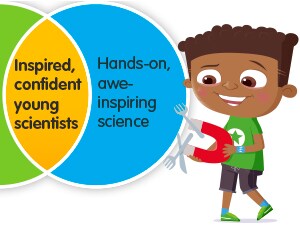
Ofsted myths and facts on assessment
We’re still hearing from lots of teachers that they’re not completely sure what Ofsted is expecting to see in terms of assessment practice and are worried about fallout from Ofsted at their next inspection.
We know our products and services will only work, and enable students to progress in Literacy and English, with input from experts and feedback from you, our teachers.

Alongside Professor Debra Myhill, we've developed Skills for Writing to provide an evidence-based approach to accelerating progress in writing at KS3, which:
Proven to significantly accelerate children's progress in reading, our primary reading scheme Bug Club has tried-and-tested methodologies at its heart. Learn more in our efficacy reports below.

All of our products and services are developed with our educational experts, and have the rigour and attention to detail that we know customers expect of us.
We also recognise that these products need to work in the real world - our customers are using our products each and every day to support their own best practice.

What makes an excellent teacher? Research shows that a good sense of humour and a conversational style are two of the key ingredients of great teaching.
At the heart of our literacy resources is the importance of how they are taught. Take a look at how we've worked with Professor Debra Myhill, at The University of Exeter, to embed the Grammar for Writing pedagogy.

We’re still hearing from lots of teachers that they’re not completely sure what Ofsted is expecting to see in terms of assessment practice and are worried about fallout from Ofsted at their next inspection.
If you haven’t got Science Bug (or even if you have!) and are coming to the annual ASE conference, this year at the University of Birmingham, then come along and meet Deborah Herridge on the afternoon of Friday 8th January.
A giant box of paperclips, the lingering sick smell to be gone forever, a magic school jumper finder and Rosie B to remember all of her lines for the Christmas play?

